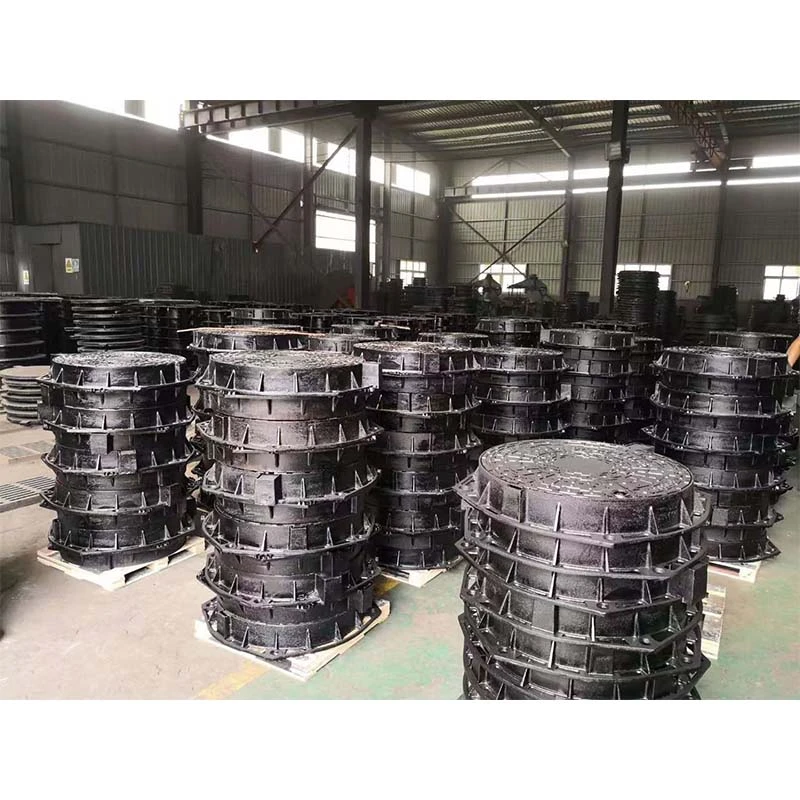Exploring the Benefits and Applications of Stainless Steel Grating in Construction and Design
The Versatility and Benefits of Stainless Steel Grating
Stainless steel grating is an essential component across various industries, renowned for its strength, durability, and resistance to corrosion. This versatile material not only enhances safety and accessibility but also serves aesthetic purposes in both industrial and architectural applications. In this article, we will explore the characteristics, applications, and benefits of stainless steel grating.
Characteristics of Stainless Steel Grating
Stainless steel grating is typically made from a blend of chromium, nickel, and other elements, which contribute to its enhanced properties. One major appeal of stainless steel is its inherent resistance to rust and corrosion, making it an ideal choice for environments exposed to moisture or chemicals. The non-reactive properties of stainless steel ensure that it maintains its integrity and appearance over time, significantly reducing maintenance costs.
Another significant characteristic is its strength-to-weight ratio. Stainless steel grating is lightweight yet extremely strong, capable of supporting heavy loads. It is available in various configurations, including welded, press-locked, and swaged designs, allowing for customization based on specific application requirements.
Applications of Stainless Steel Grating
The versatility of stainless steel grating allows it to be utilized in a myriad of settings. One of the most common applications is in industrial environments, where it serves as flooring, walkways, and platforms. Its slip-resistant surface provides safety for workers in high-traffic areas, particularly in manufacturing and processing industries where spills may occur.
In the food and beverage industry, stainless steel grating is invaluable due to its hygienic properties. The smooth surface and resistance to bacteria accumulation make it ideal for use in processing plants, kitchens, and food storage areas. It is easy to clean and maintain, ensuring compliance with health and safety regulations.
stainless grating

Another notable application is in architectural design. Stainless steel grating is increasingly being used in modern buildings, not only for functional purposes but also as a design element. It is often used in outdoor spaces, such as balconies and staircases, where its aesthetic appeal and durability come into play. Additionally, the openness of the grating allows for proper drainage, preventing water accumulation and enhancing the longevity of structures.
Benefits of Stainless Steel Grating
The benefits of choosing stainless steel grating are numerous. Firstly, its long lifespan is a significant advantage, reducing the frequency of replacement. The initial investment may be higher than alternative materials, but the lifecycle cost is often lower due to minimal maintenance and extended durability.
Moreover, stainless steel grating is environmentally friendly. Its longevity means fewer materials are needed for replacements, and its recyclability contributes to a sustainable approach in construction and manufacturing.
The visual appeal of stainless steel grating is also worth mentioning. Its sleek, modern appearance can complement various design schemes, making it a favored choice among architects and designers aiming for a contemporary look while ensuring functionality.
Conclusion
Stainless steel grating is an indispensable material in both industrial and architectural sectors. With its superior durability, corrosion resistance, and aesthetic versatility, it is a practical choice for numerous applications. As industries continue to prioritize safety and sustainability, the demand for stainless steel grating is likely to rise, solidifying its place as a staple in modern construction and design. Embracing stainless steel grating not only promotes efficiency and safety but also aligns with evolving standards of quality and sustainability.
-
Square Sewer Cover Enhances Urban SafetyNewsAug.01,2025
-
Pipe Fitting Requires Precise AlignmentNewsAug.01,2025
-
Manhole Step Is DurableNewsAug.01,2025
-
Manhole Cover Is Found WorldwideNewsAug.01,2025
-
Hole Cover Frame On RoadsNewsAug.01,2025
-
Gully Grate Improves Road SafetyNewsAug.01,2025
-
Man Hole Cover Round Load CapacityNewsJul.31,2025
